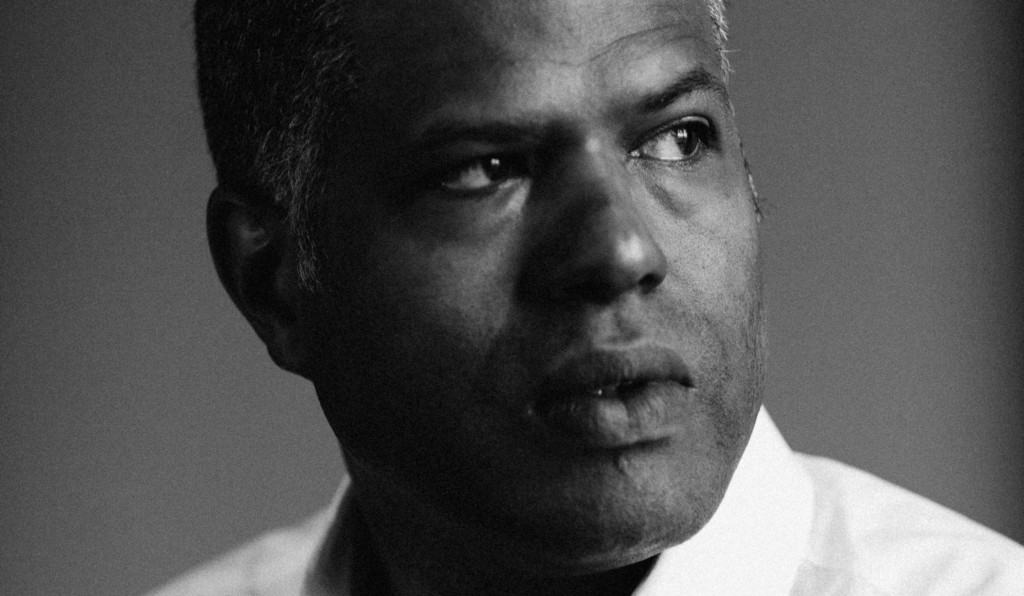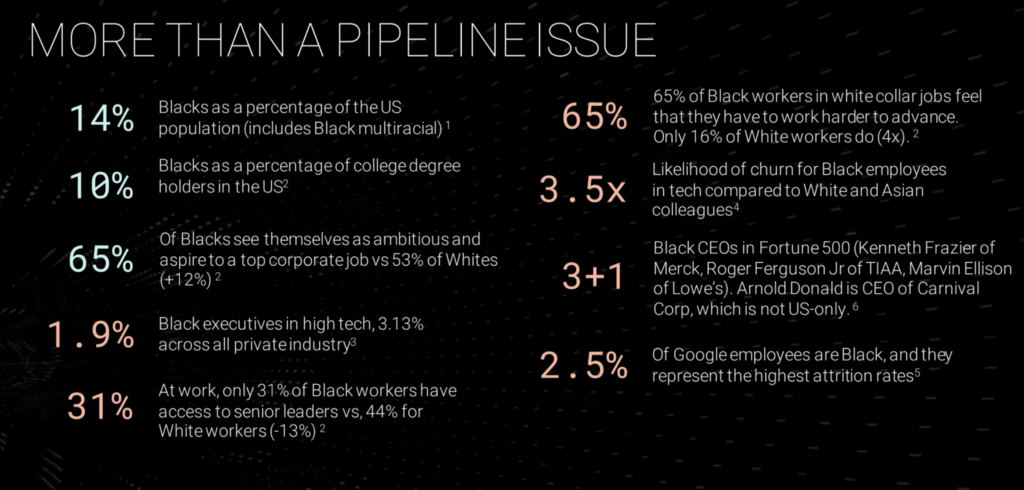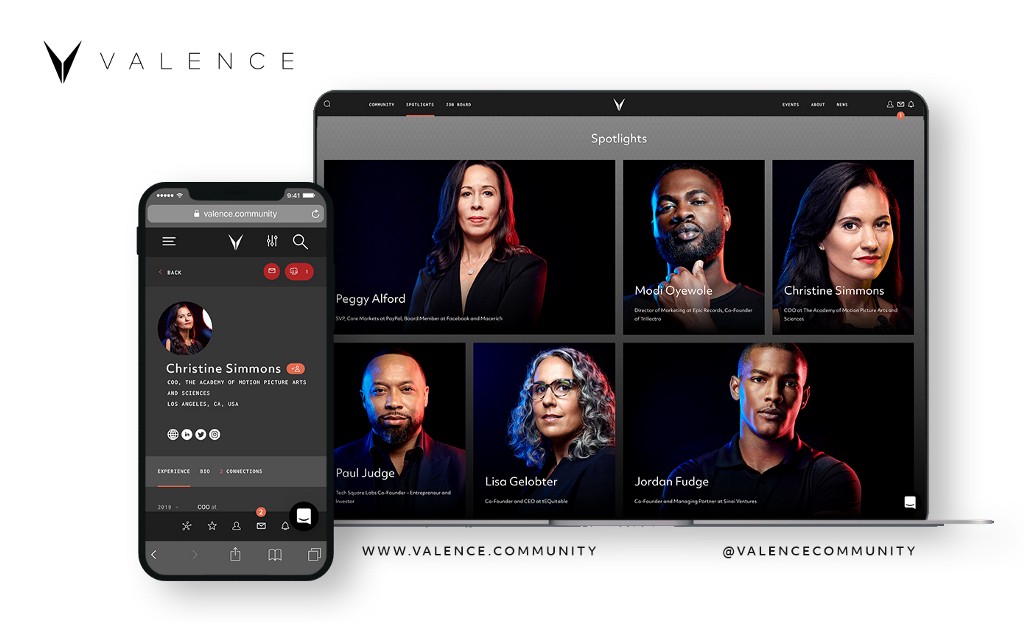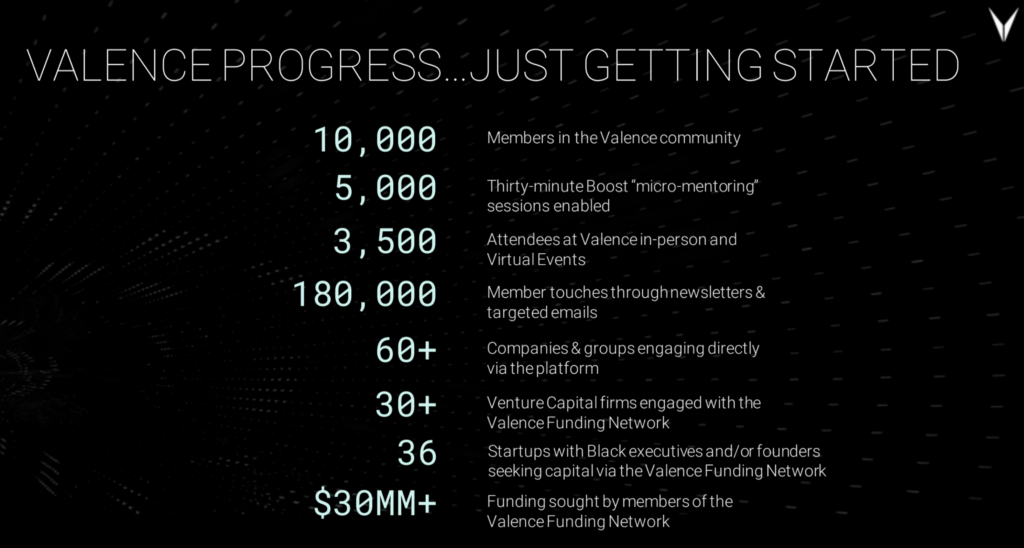Entrepreneur
#1948 How to teach your kids to build their own businesses
Joining me as somebody who I’ve been talking to via email for a while, and I’ve wanted to have on here and I’m so excited that he said yes to an interview.
So many entrepreneurs that I’ve interviewed had little businesses when they were kids. They’re usually so freaking proud of then that they can’t stop telling my producers about it. But so many of the stories ended with the business getting shut down by the school, by a teacher, or by the principal.
Well, today’s guest said, “What if we create a way to encourage kids to sell and create businesses? We’ll teach them how to do it and we give them everything that they need.”
Scott Donnell is the founder of MyFirstSale, which gives kids the life skills and confidence
to sell their products in a safe, friendly online environment.
For a special listener discount, you can go to MyFirstSale.com/Andrew or hapbee.com/Andrew to see more.
Scott Donnell is the founder of MyFirstSale and Hapbee, a wearable device that allows people to pick the feelings they want to express, like happiness, calm and sleepiness.
Mixergy listeners can get the following promos:
www.myfirstsale.com/andrew ($20 off Sign Up)
www.hapbee.com/andrew (Indiegogo discount)
Sponsored by
HostGator - Ready to take your website to the next level? Whether you’re a first-time blogger or an experienced web pro, HostGator has all the tools you need to create a great-looking website or online store. A wide range of options includes cloud-based web hosting, reseller hosting, VPS hosting and dedicated servers. Founded in 2002, HostGator is the perfect web partner for business owners and individuals seeking hands-on support. Visit www.hostgator.com/mixergy to see what HostGator can do for your website.
Toptal - Toptal is a global network of top talent in business, design, and technology that enables companies to scale their teams, on demand. Toptal serves thousands of clients, including Fortune 500 companies and innovative startups, delivering expertise and world-class solutions at an unparalleled success rate. With elite freelancers in over 100 countries, Toptal connects the world’s top talent with leading companies in days, not weeks. Plus, every new engagement begins with a no-risk trial period, so clients only pay if satisfied with the work. Get started hiring with Toptal today.
More interviews -> https://mixergy.com/moreint
Rate this interview -> https://mixergy.com/rateint
Entrepreneur
Why You Don’t Need A Qualification To Build A Business
(Or you can watch the video version below)
Over the past few years of working with thousands of female entrepreneurs I’ve noticed something that holds back so many people with amazing ideas: feeling like they need a specific qualification to start the business they dream of.
If this sounds familiar, I want you to know that I understand exactly how you feel.
Before I started FEA, I sat on the idea for 3 whole years because I kept thinking to myself, “Who am I to create this?!” and “Who will take me seriously if I have no business qualifications!”.
I wasted so much time hanging on to this false belief before I finally plucked up the courage to get out of my own way and take the leap anyway.
I don’t want that to happen to you! I want you to recognize that you don’t need a qualification to share your experiences, your skills, talents, passion and expertise.
So in this episode, I want to share with you:
- What I DID have instead of a qualification, that was so much more important to help me build my business.
- How my friend Allie Casazza built a hugely successful 7-figure business with no qualifications (You can listen to that episode right here).
- The impostor syndrome I felt while writing my first book (and how this fear came up again now that I’m thinking of writing a 2nd book!).
- Why your experiences and skills are just as valid as any qualification and how to use them to create a valuable offer.
- My best tips to help you build your confidence and go for your dreams if not having a qualification has been holding you back.
As a bit of fun, we’ve created an FEA certificate you can download, print out and put on your wall to remind yourself that you are qualified and you are absolutely good enough - we believe in you!
Download your FEA qualification certificate here >>
If you’ve been holding yourself back from going after your dreams because you don’t have a specific qualification - definitely leave me a comment below and let me know!
And if you’d like more support with starting your business, I’ve got just the thing to help you - a brand new course I’m creating called Create & Sell! Join the waitlist now to be the first to hear more…
In it, I’m going to teach you how to take your knowledge, expertise and passion and turn it into a valuable offer that you can sell! 
The post Why You Don’t Need A Qualification To Build A Business appeared first on Female Entrepreneur Association.
Entrepreneur
BAME Business: Finding Business Success as an Asian Female in the UK
by Dr Priyanka Chadha
The route to business success is not an easy one; requiring dedication, hard work, and a fierce entrepreneurial spirit. Forging this path as women, especially women of Black Asian or Minority Ethnicity (BAME) origin is an even trickier endeavor, but not for lack of the aforementioned qualities. BAME women are grossly underrepresented in higher level positions across many industries and often face socio-economic barriers as well as battle stereotypes – alongside any cultural and/or social discrimination served to them for existing as women. Whilst research into the UK business enterprise is woefully limited in relation to gender and race, it is widely recognized that BAME people are disadvantaged and BAME women even more so. A 2018 study by the Office for National Statistics into ethnicity pay gaps in Britain found that workers of ethnic minority in London earnt 21.7% less than their white peers. The data was not disaggregated to interrogate BAME women stats specifically (yet another example of the ever-prevalent gender data gap) but given what we know about pay inequalities relative to gender – the figures are disheartening.
What are the barriers?
Many women look to build their own businesses as a result of hitting the well documented ‘glass ceiling’. This presents as a lack of opportunity to progress within their career, a gender pay gap, and a sparsity of support and mentorship from their seniors, among other general issues such as the penalization of mothers, less than full time workers, or those with caring responsibilities. These issues are found to be particularly prevalent for BAME women, where disadvantages connected to gender and race intersect to stifle the advancement of their careers and prospects.
However, in practice, conceiving, building, launching and managing a business presents its own set of challenges unique to BAME women. For starters, they are more likely to have difficulty accessing formal financial support and investment. A study by Diversity VC found that 65% of London Venture Capital funds have all-male decision-making teams, with Asian and Black venture capitalists significantly underrepresented. This was proven to directly impact the success of a female founder seeking capital. Additionally, there is a lack of BAME female role models to look up to during childhood and education, and limited provision of mentorship and entrepreneurial guidance focused on the particular social and economic obstacles of BAME women.
Fighting Conformity
Whilst reflecting on the situation makes for bleak reading, all is not lost. Many BAME women are enjoying great success across various industries, including within their own start-up businesses or self-employed enterprises. Rupa Ganatra, co-founder of global event management company Millennial 20/20 speaking at an Asian Business Association Women in Business networking event, advised aspiring entrepreneurs not to be afraid to move out of their comfort zones, and to build their networks before they need them.
Rupal Patel, director and founder of the Orcha Group media agency has spoken of her longstanding passion for entrepreneurship - saying she knew she always wanted to have her own business. Although recognizing the pool of Asian women in business is still small, Patel believes there are opportunities - if you look for them. “There’s a lot of help out there but I have found people just don’t know what support is available to them. A critical factor to increase the number of Asian women entrepreneurs is ensuring this support reaches individuals who would like to have their own business but haven’t yet taken the steps to realize the dream.” She speaks unequivocally on the invaluable role of mentorship for Asian female entrepreneurs, encouraging this be sought early. “There are more people who want to help you than want to hold you back”, she says.
Other general advice for BAME women seeking business success includes ensuring you attend relevant industry events and participate in member organizations, continually invest in your professional development, and ensure the work you are doing adds value to your industry and its growth.
Looking forward
As a top-ranking Plastic Surgery Registrar for the NHS and director and co-founder of a successful aesthetics training academy, I am no stranger to hard work, long hours, and the many sacrifices that come with success. The barriers for BAME women and women in general are very real, but it is imperative we hold a steadfast self-belief and ensure we are ready to take a seat at the table; partaking in the conversation and showing the way for the up-and-coming BAME women entrepreneurs who are waiting in the wings.
Though there is still so much room for improvement, equality between the sexes is moving slowly in the right direction and recent events have shaken the world; sparking a reignition of the Black Lives Matter movement and increasing awareness around systemic and institutional discrimination of BAME people. Acquisition Aesthetics is proud to host an outstanding surgical-led faculty of medical professionals, over 60% of whom are BAME women who also operate their own successful business ventures. We will continue to collaborate with high-calibre professionals who uplift our academy and bring diversity and excellence to our team and the aesthetics realm as a whole and hope to launch an all-inclusive mentoring program in the near future.
 By Dr Priyanka Chadha MBBS (Lond), BSc (Hons)’ DPMSA (Lond). MRCS (Eng), MSc (Lond); co-founder and Director of Acquisition Aesthetics.
By Dr Priyanka Chadha MBBS (Lond), BSc (Hons)’ DPMSA (Lond). MRCS (Eng), MSc (Lond); co-founder and Director of Acquisition Aesthetics.
The post BAME Business: Finding Business Success as an Asian Female in the UK appeared first on She Owns It.
Entrepreneur
How Valence Aims to Provide Better Access and Funding for Black Founders & Executives
“I gotta say it was a good day.”
I’m so fricking pumped today. Really, truly. Yeah, Valence announced > $5 million in funding led by GGV and Upfront. That IS a big deal, but I’ll get to that. But Kamala Harris was picked to be the Vice Presidential candidate for the Democratic Party. That means she’ll be the first female Vice President of the United States, the first female Black Vice President and the first Indian-American Vice President. I don’t take this for granted, be ready for a fight. But let’s be clear. WE WILL WIN. We might have to fight for it after the votes go our way but let’s get ready for the fight.
So let’s get it.

Valence. It is a company with a mission to create better access and more funding for Black entrepreneurs and executives. Valence is led by a talented CEO, Guy Primus and was the brainchild of my partner, Kobie Fuller. If you want to follow two great Black executives who work at the intersection of technology and venture capital make sure to click on those links and follow them on Twitter.
So what exactly is Valence and why does it matter?
18 months ago, my partner Kobie Fuller was inspired to build a solution for a problem he faced regularly: as one of the few Black partners at a VC firm (an estimated 3% of GPs in venture are Black vs 14% of the US population), he was consistently asked for warm intros to Black professionals, to Black VCs, and to talented Black operators and entrepreneurs.
Venture firms wanted to meet talented Black founders but didn’t know where to start to find them. And Black entrepreneurs wanted access to decision makers but didn’t always have the easy connections. In fact, one of the biggest criticisms I personally get when I suggest that founders should “get introductions to VCs” is that this might reinforce existing racial imbalances by providing easier access to White professionals than people of color.
An imbalance clearly exists in access and networks that has resulted in a tech industry where an estimated only 1% of venture dollars go to Black founders and only 3% of the workforce is Black and a country where Black individuals hold a disproportionately low amount of the wealth — only 3%. As Kobie says, he didn’t have a “magical database” of great Black talent, so he set out to build a solution not just for himself, but also for the community.

Personally I believe that to fund more people of color you need to put check-writing authority in their hands the same way that if you want to see more women funded you need more women GPs. My greatest criticism of our industry is that women and people of color feel the need to leave larger VCs to create their own firms. We have a responsibility to help propel them to the top ranks of our biggest firms to make our check writers more representative of our society overall.
There is a very clear economic rational and strategic advantage for doing so. There are amazing Black entrepreneurs, Indian entrepreneurs, Chinese entrepreneurs, female entrepreneurs, gay entrepreneurs and so forth. OBVIOUSLY! If 90% of the check writers are White, straight men then it’s clear if you are different than that you’re going to have an advantage. As I always say, being great as an investor is about having “edge” and edge means knowing somebody or something that very few others know. It’s about swimming in lanes where others aren’t present. Being diverse in the VC industry is a VERY LOW bar and a clear differentiator.
At Upfront we believe in improving access for founders and entrepreneurs to networking, professional development, and economic opportunities, and that’s what Kobie set out to do with Valence, which he incubated in our offices. Huge hats off to Kobie for the idea, energy, direction, evening hours and the foresight and salesmanship required to bring on Guy to take the helm.
Building a mission into a business
By the time Valence launched in late 2019, the team had built the necessary systems and technology to seamlessly engage and onboard the community — not just the users, but also some pilot corporate partners who also believed in the mission and opportunity and who wanted to leverage and support this amazing database of talent. It was also important to Valence to not only connect users, but also to celebrate the successes and spotlight great Black leaders through high-quality content and design.

As soon as Valence launched in November 2019, the business quickly had proven demand from the community, not only from senior business leaders but also from so many young, talented professionals who could benefit from the inter-generational networking that Valence supported so seamlessly. Since launch, the Valence platform has supported more than 5,000 micro-mentoring sessions (AKA Boosts)— allowing the kind of invaluable network support that’s so critical to success and advancement for even the most talented founders and operators.

You can hear more about the importance of mentoring from Kobie Fuller, Valence advisor James Lowry, and John Legend — yes, THE John Legend — in this video from the 2020 Upfront Summit.
https://medium.com/media/ca4b009ff76eb6ee18c50cdedd2ae63d/href
So things were going well for Valence in 2020, amazingly even in a pandemic. And then in May the world was galvanized by the tragic murder of George Floyd (and Breonna Taylor. And Ahmaud Arbery. And Rayshard Brooks. And the many Black women and men before them whose lives were taken at the hands of the police.)
When the mission meets a movement
In these months, not only did we see widespread civic protests but so many industries, including ours, faced a reckoning that despite even the best intentions, lip service wasn’t enough. We all needed to take action to address the imbalance of access, and to literally put our money where our mouths are. Suddenly a spotlight was put on everything that the Valence team had been building, and there was even more energy around the business.
I always say that you can judge a startup’s future based on how fast they’re able to execute when it counts. Well, I can tell you that within weeks of the civil unrest, Valence had:
- Introduced the Valence Funding Network, where GPs from more than 30 of the top venture funds representing more than $60B in assets under management joined Valence with the goal of linking Black entrepreneurs on the platform directly to venture decision makers.
- Increased membership by more than 20%
- Hired a CEO, Guy Primus, who was previously the CEO of The Virtual Reality Company as well as the COO of Overbrook Entertainment. He’s been a leader at the intersection of media and tech for many years and we’re grateful to partner with him.
- Announced their Series A funding round, which Upfront participated in and which was led by Hans Tung from GGV. Hans has been a great peer and collaborator on other portfolio boards and we’re excited for him to join Valence at this pivotal time. We have worked closely with GGV for years and they were a natural fit for helping to build a network like this given their investment in Chief (for women) and The Mighty (which helps families with people facing health challenges).
Since day one we have anticipated great things for Valence and with this groundswell of support at the civic level as well as the industry level, we hope to see meaningful improvements in access and dollars for Black professionals. Please join me in congratulating Guy, Kobie and the team for what they’ve built so far, and what’s to come.
![]()
How Valence Aims to Provide Better Access and Funding for Black Founders & Executives was originally published in Both Sides of the Table on Medium, where people are continuing the conversation by highlighting and responding to this story.
-
 Business4 weeks ago
Business4 weeks agoBernice King, Ava DuVernay reflect on the legacy of John Lewis
-
World News3 weeks ago
Heavy rain threatens flood-weary Japan, Korean Peninsula
-
 Technology3 weeks ago
Technology3 weeks agoEverything New On Netflix This Weekend: July 25, 2020
-
Finance3 months ago
Will Equal Weighted Index Funds Outperform Their Benchmark Indexes?
-
Marketing Strategies7 months ago
Top 20 Workers’ Compensation Law Blogs & Websites To Follow in 2020
-
 World News7 months ago
World News7 months agoThe West Blames the Wuhan Coronavirus on China’s Love of Eating Wild Animals. The Truth Is More Complex
-
Economy10 months ago
Newsletter: Jobs, Consumers and Wages
-
 Finance8 months ago
Finance8 months ago$95 Grocery Budget + Weekly Menu Plan for 8

